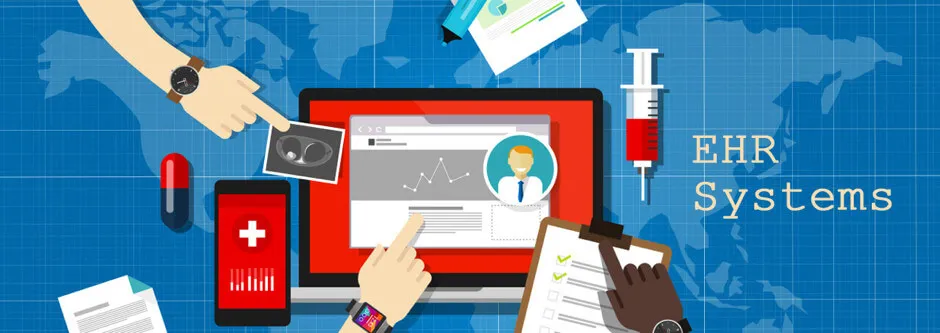Will patients ever need to visit a doctor for consultation ?

The answer to whether the physical consultation methods can be replaced lies in the quality of virtual healthcare provided and the connections that the providers are able to establish with their clients. Breaking through geographical barriers virtually has to be accompanied by something real in the usage and interaction in order to make patients feel they are in good hands.
While many of us have used healthcare portals as a source of information, what has gained momentum in recent times is the use of virtual health care platforms, whereby one can consult doctors for primary care online. Though the adoption rate of this model has been slow in the past, Grandview Research published a report projecting that the global healthcare IT market will reach $104.5 billion by 2020, and telecommunication and telemedicine account for 40 percent of that overall market share.
The outside factors contributing to the positive outlook include increased internet penetration and the rise in mobility and smartphone penetration. The inherent factors are the several benefits of accessing healthcare virtually.
Firstly, there is the immense value of saving time and effort of waiting in queues to meet your doctor. For working professionals and people who are hard-pressed for time, this may even translate into more regular consultations, rather than ignoring nagging issues for the lack of time.
Further, for patients in rural areas, remote access to quality healthcare is a boon. The possibility of delivering on-demand non-emergency medical treatments to patients in these areas can translate to the better overall well-being of the people. Accessing experts in the respective fields of medicine is much easier online.
The other obvious benefit is that of integrated electronic health records databases that can store patient information including past consults, lab test results, and medical prescriptions. Over a period of time, this leads to rich data and can be used for insightful as well as predictive data analytics purposes. This is where telehealth has the potential to provide preventive care as well. With the upswing in the wearables industry, consumers can participate in their health decisions by providing the data collected by these devices for aggregation and incorporation into the electronic health records.

Electronic Health Records can have data coming in from multiple sources such as consultations, lab tests and medical prescriptions to provide rich and meaningful insights into the health of the individual
In theory, virtual care does sound like the way forward. But for serious disruption of the traditional consultation model, one needs to examine the barriers to adoption.
Traditionally, when one visits a doctor, one generally knows the doctor for a long time or has been given a reference through family or friends. Hence there is a level of trust and comfort in that doctor-patient relationship. Perhaps then the question to ask here is can virtual clinics provide this same level of trust? Can consult a doctor through a telehealth platform break through the initial apprehension that patients may have?
The other question one might ask is the continuity required in connecting with the same doctor who knows you and your history. Sure, one can refer to patient histories and consults, but can this replace the subtle nuances of the patient that an in-person doctor may be aware of? For a patient who is very dependent on human interaction, the convenience factor as a selling point may be a little overrated.
The answer to whether the physical consultation methods can be replaced lies in the quality of virtual healthcare provided and the connections that the providers are able to establish with their clients. Breaking through geographical barriers virtually has to be accompanied by something real in the usage and interaction in order to make patients feel they are in good hands.
In India and other developing countries, it is also imperative to consider how doctors will embrace virtual consultations. Physicians who have been practicing medicine in the traditional format for years will need to upscale and adapt to technological advances.
In the end, both patients as well as doctors need compelling cases to get out of their comfort zone in order to truly welcome virtual as the new normal.





